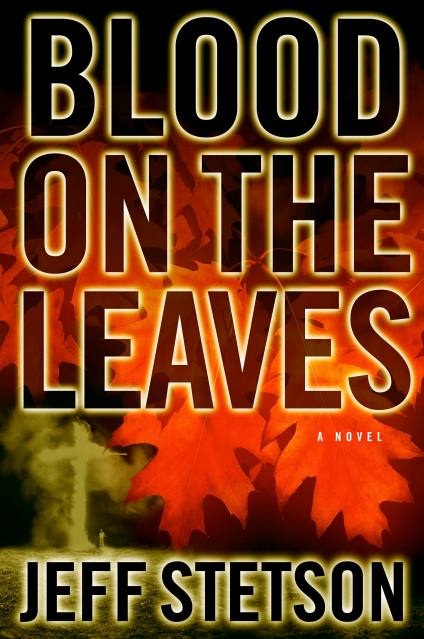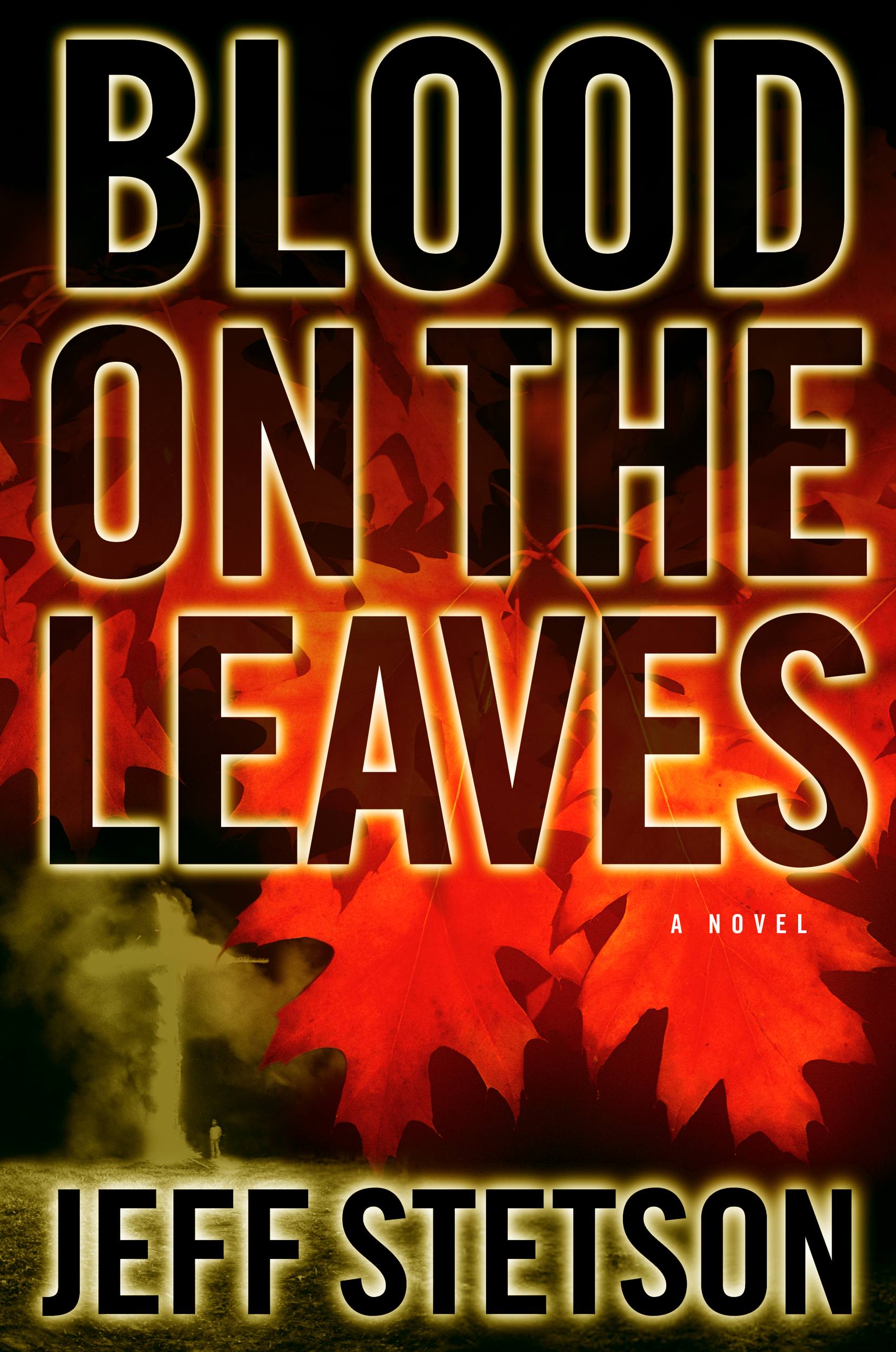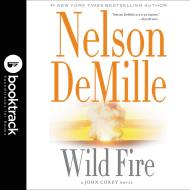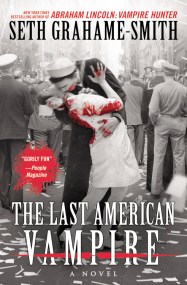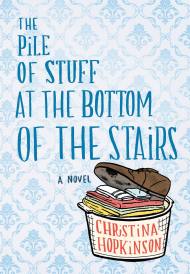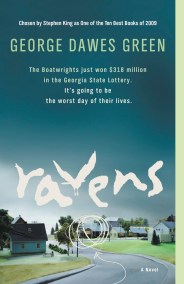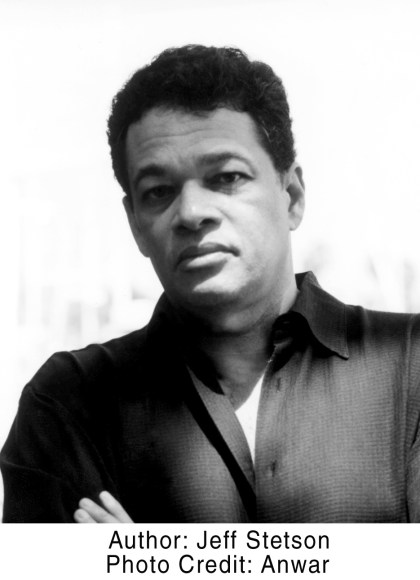Promotion
Use code MOM24 for 20% off site wide + free shipping over $45
Blood on the Leaves
Contributors
By Jeff Stetson
Formats and Prices
Price
$12.99Price
$16.99 CADFormat
Format:
- ebook $12.99 $16.99 CAD
- Hardcover $39.00 $49.00 CAD
This item is a preorder. Your payment method will be charged immediately, and the product is expected to ship on or around July 27, 2004. This date is subject to change due to shipping delays beyond our control.
Also available from:
In the 1960s, racism was rampant in Jackson, Mississippi, and it was common for white men caught in the act of killing Blacks to be acquitted by all-white juries. But 40 years later, someone is seeking justice; those same men are turning up dead – in the identical manner in which they killed their victims. Now, James Reynolds, who has overcome the odds – and his own personal demons – to become the only Black prosecutor in Jackson, will face the toughest case of his life: He'll have to prosecute prime suspect Martin Matheson, a brilliant professor, the son of a venerated Civil Rights leader, and the newly appointed folk hero for thousands of African Americans hungry for retribution.
Genre:
- On Sale
- Jul 27, 2004
- Page Count
- 400 pages
- Publisher
- Grand Central Publishing
- ISBN-13
- 9780759511910
Newsletter Signup
By clicking ‘Sign Up,’ I acknowledge that I have read and agree to Hachette Book Group’s Privacy Policy and Terms of Use
